Popular games published by company Waixing
A bootleg version of the bootleg game "Mad Xmas", coded by Waixing.
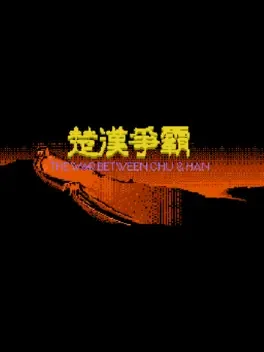
War Between Chu and Han is a turn-based strategy game created by Waixing in 1997. It is based on "Chu–Han Contention".
Clone of the Flash game Toon Marooned: Protect the Fire; the Looney Tunes characters are replaced with a generic rabbit and dog. The player (the rabbit) must sink the dog's fire rafts in the water, without sinking theirs.
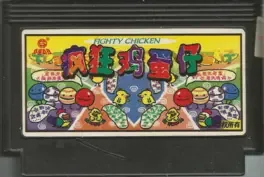
Fēng Kuáng Jīdàn Zǐ (also known as "Flighty Chicken") is a Tamagotchi clone developed by Waixing for the Famicom.
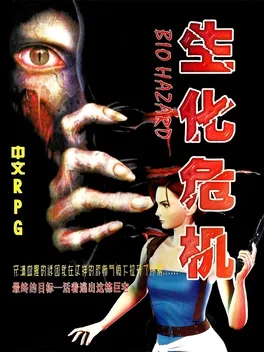
Bio Hazard (also called 生化危机 or "Resident Evil" in Chinese) is a Famicom bootleg game made by Waixing in 2003 based on Resident Evil for the PlayStation. The plot follows the original game scripts, although just Jill is a playable character and the game is in Chinese.
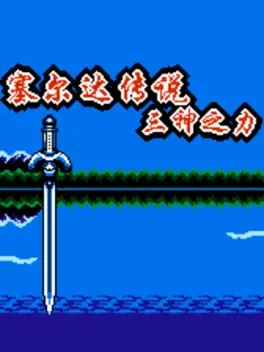
Zelda Chuánshuō: Sān Shén Zhī lì is a bootleg game developed by Mars Production and published by Waixing for the Famicom. It is a backport of The Legend of Zelda: A Link to the Past for the SNES.

An unlicensed shooter from Inventor for the Famicom, allowing players to choose from 6 different stages of dinosaur action. Compatible with the NES zapper.
A game usually included in plug & plays, and usually with the wrong spelling for the world "balloons".
Clone of the Flash game Happy Pill. The player must aim a pill to hit frowning faces until they smile; if the pill hits the same face too many times, it will disturbingly "die" and turn into a skull. A VT368 hack of the game was also produced (under the same name). Later re-published by Waixing; the Waixing version uses a weirdly off-putting rendition of the theme to Gentlemen of Fortune, a Soviet comedy film.
Clone of the Flash game Tomato Bounce; most graphics are retained from the original. The player must catch the fruits and vegetables as they jump off of the counter. A VT368 hack of the game was also produced (under the same name). Later re-published by Waixing; the Waixing version uses what is possibly a rendition of the Rugrats theme.
Clone of the Flash game Helicopter. An endless game where the player must guide the always-moving helicopter through obstacles. Some releases change the title to "Heli-Mission" (without the extra L); though in all releases, the high-score screen humorously spells "Name" as "NMAE". Later re-published by Waixing; the Waixing version uses a rendition of the "Tim 2" tune from Lemmings.
A snake clone.
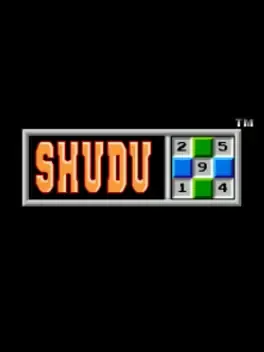
A "match-3" puzzle game. Later re-published by Waixing; the Waixing version uses a rendition of Terriermon's theme from Digimon Battle Spirit.
The player must jump to the platform above them, similar to Nice Code's Frantic Mouse. A VT368 hack of the game was also produced (titled "Jump Mouse"). Later re-published by Waixing.
An Arkanoid clone.
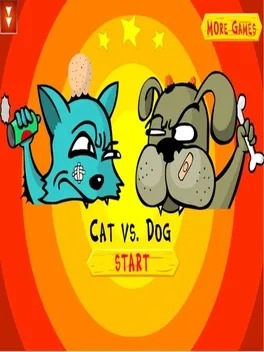
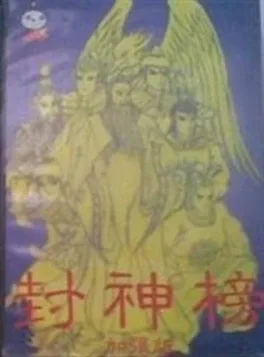
Fēng Shén Bǎng is a 1996 one-on-one fighting game released for the Famicom throughout Asia. It was also released with a localized label as Myth Struggle, although the in-game content is unchanged. The game is based on the 16th century Chinese epic novel of the same name, also called Fēngshén Yǎnyì (封神演義) and often translated to Investiture of the Gods or The Creation of the Gods. The game is essentially a hacked version of Hummer Team's earlier bootleg version of DragonBall Z: Super Butōden 2, which was originally released on the Super NES. The change by Waixing was made to legitimize the content as to not run into copyright laws, as this version was also released (although still unlicensed by Nintendo) in Japan and with likely intent to distribute outside of Asia.
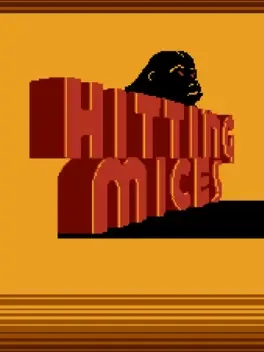
Hitting Mices is an unlicensed NES game that's frequently featured on plug and play systems.